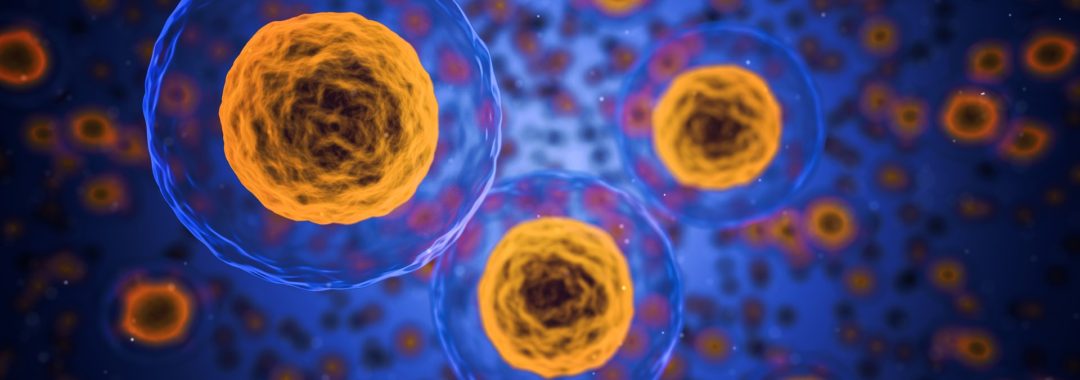I often get asked how I know so much about pain and living with disease state and pain on a day to day basis. While I am a man and cannot truly understand what it is like to have a gynaecological condition and the associated symptoms, I can understand how pain can affect ones daily life and how hard it is to manage a chronic disease state.
You see, I too have a chronic disease state that was missed and dismissed for many years. It causes me pain when the disease grows back and the inflammation gets bad. It has required me to have multiple surgeries, because it was missed for so long. Even though surgery helps, it isn’t a cure and the disease can grow back and then start causing pain and associated symptoms again. Sounds a lot like endometriosis doesn’t it?
While I don’t have endometriosis, I do have a disease that is very much like endometriosis and just this week I have had my 7th surgery for this disease.
My disease state grows in my sinus cavities and it can cause such excruciating pain in my head and make me feel really unwell. It’s really hard to use your brain to shut off pain, when the actual pain is in your head and it feels like my head is going to explode. If the disease gets out of control too much, it could cause extreme pressure and actually cave the bones around the sinuses inwards, so it can be dangerous. I wish someone had listened to me and helped me earlier on so that I wouldn’t have to have been going through the surgery again.
But, I have learned to find the right team to help me. I have learned to manage pain levels using a multimodality treatment approach. I have learned that diet and lifestyle choices can help me manage my disease state. This is why when I talk to all of you, I understand what you all go through and why I am so passionate about telling you all the facts and helping you get the right help and intervention. They always say that to truly understand pain, you have to experience it yourself. Unfortunately I know all to well how pain can affect the whole body, not just where the pain is orginating from.
While I know first hand how bad pain can affect ones life, I have also learnt that the disease does not define me. I am not the disease and I have made a conscious decision to be proactive with my health and not live and breath the disease.
While it is good to be educated and proactive about your health, it isn’t good to live in your disease and let it overcome you and rule your life either. It is about getting up each day, making healthy choices, pushing yourself to move forward and remember that it is all about small steps forward, not matter what is going on.
I found the more I focussed on my disease, the worse things became and I got caught up in the pain cycle and the disease took over and it just made things too hard on both a physical and emotional level. Sure, there are days when you will have a bad day and that is ok. I know I had days where I had to take painkillers and just get on with it and nobody would ever have known how much pain I was in. Sure, there are going to be days when it doesn’t seem fair and that nobody can truly understand what it is like for you. The main thing is to not live in the ‘poor me’ syndrome and not let the disease define you. It is about overcoming the disease and being you again. It is about finding your team to help you. It is about finding that support you need and not buying into the diagnosis and living in the disease.
The more positive you are, the happier you are, the quicker you will heal and the treatments will work better too. Whatever you need to do, you just need to go and do it. If that means seeing a counsellor, seeing a pain specialist, seeing a gynaecologist, seeing a nutritionist, getting some acupuncture, seeing a physiotherapist, seeing a chiropractor/osteopath, taking pain killers, taking herbal medicines, or whomever and what you need that can help you, then you need to do it.
I also know all too well how hard it can be to get started, but when you get started and you keep going and you find the right team of people to help you, that is when you get the results. Never underestimate the power of positivity and never think that all is lost and get lost in your disease state and symptoms. Even if you make two steps forward and then one step back, you are still moving forward. Try and do something you love each day and try and find joy and positivity in your day. It is so important.
Lastly, never ever just take one opinion and always get multiple opinions about what you are experiencing. This is why I offer a multimodality approach for people and offer a multitude of services like a one stop shop. It is why my motto is “No Stone Left Unturned” because I dont want to see anyone be missed and dismissed. The reason I do a multimodality approach and use and integrative medicine approach, is so I can help people as much as possible on my own and then only have to refer for things like surgery and some other specialty areas that I do not do.
Please remember that pain, no matter where it presents in the body, is a sign of inflammation and a sign that something isn’t right. It is a sign that something needs to be investigated and managed and is you are being missed and dismissed constantly, then you need to find another healthcare practitioner, or a team of healthcare people that can help you moving forward and get some sort of normalcy back in your life. If you can’t find the right person, or team, then book in and see me instead. I’ll make sure “No Stone is Left Unturned” and I also understand what it is like to live with pain. You wont be missed and dismissed at my clinic. Don’t forget that I can do online consultations for people that live interstate, aren’t local, or live overseas. I can be your eyes and ears and be your guide and coordinator too. I understand pain.
Take care
Regards
Dr Andrew Orr
Women’s and Mens Health Advocate
-No Stone Left Unturned
-Period Pain IS NOT Normal











